Do you find yourself pondering the age-old question of where to put your hard-earned cash – Real Estate or the Stock Market? Both options offer their unique perks and understanding the benefits of both helps you make an educated decision that aligns with your financial goals. Whether you are an experienced investor or just getting started on your investment journey, it’s important to understand the advantages of investing in real estate compared to the stock market
Tangible Assets Stability
One of the primary attractions of real estate investment is the tangibility of assets. When you invest in real estate, you are acquiring physical properties with intrinsic value. Unlike stocks, which represent shares in companies, real estate provides a tangible and stable asset that tends to resist the volatility associated with the stock market. Investors who are aiming for steady, dependable returns find this stability attractive for the longer-term hold.
Income Generation
Real estate allows investors to generate income through rental yields. Purchasing residential or commercial properties and leasing them to tenants can provide a steady stream of passive income. In contrast, stocks typically generate returns through capital appreciation or dividends, which may not offer the same regularity and predictability as rental income.
Inflation Hedge
Real estate is often considered an effective hedge against inflation. As the cost of living rises, so do property values and rental income. Real assets, such as real estate, tend to appreciate over time, providing a valuable safeguard against the eroding effects of inflation on the purchasing power of money. In contrast, the value of stocks may be more susceptible to the impact of inflation.
Tax Advantages
Real estate investments often come with tax advantages, such as depreciation deductions and the ability to defer capital gains through 1031 exchanges. These tax benefits can contribute to improved after-tax returns for real estate syndication investors.
Conclusion
The debate between real estate and the stock market as investment vehicles is a longstanding one, and the right choice depends on individual preferences, risk tolerance, and financial objectives. Real estate stands out for its tangibility, income generation potential, inflation-hedging capabilities, diversification benefits, and the control it affords investors. While the stock market offers liquidity and the potential for rapid capital appreciation, combining both real estate and stocks in a diversified portfolio may provide a well-rounded investment strategy that balances risk and return. Ultimately, a thoughtful approach that aligns with individual goals and circumstances is key to successful investing.
Interested in learning more about Arc Equity Group?

Brian Kochendorfer
[email protected]


